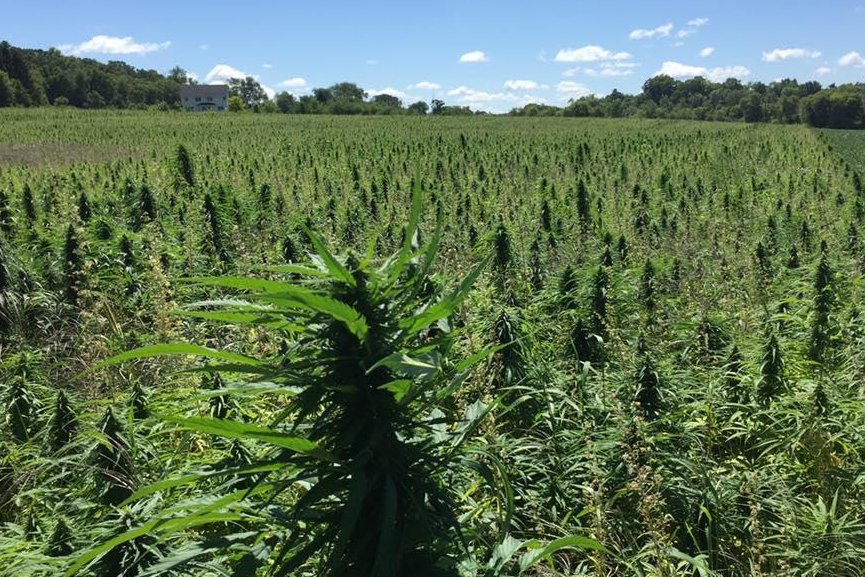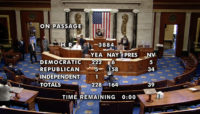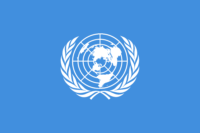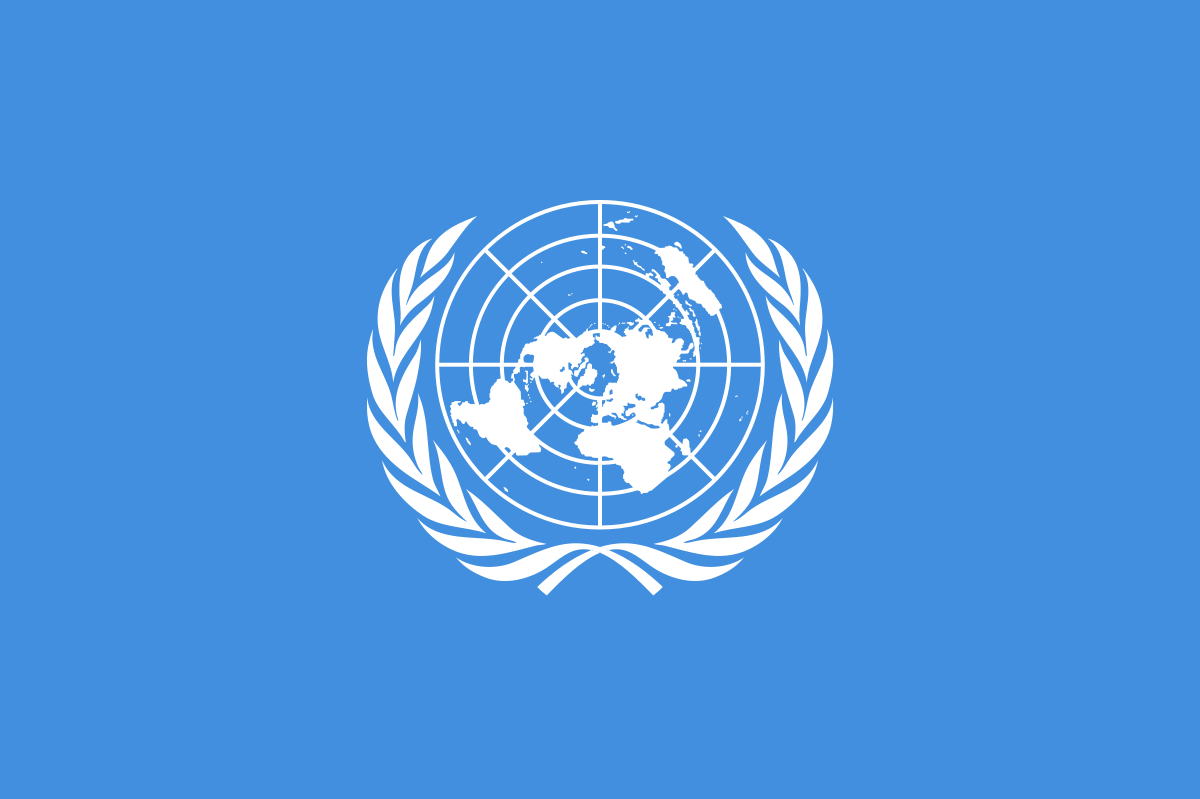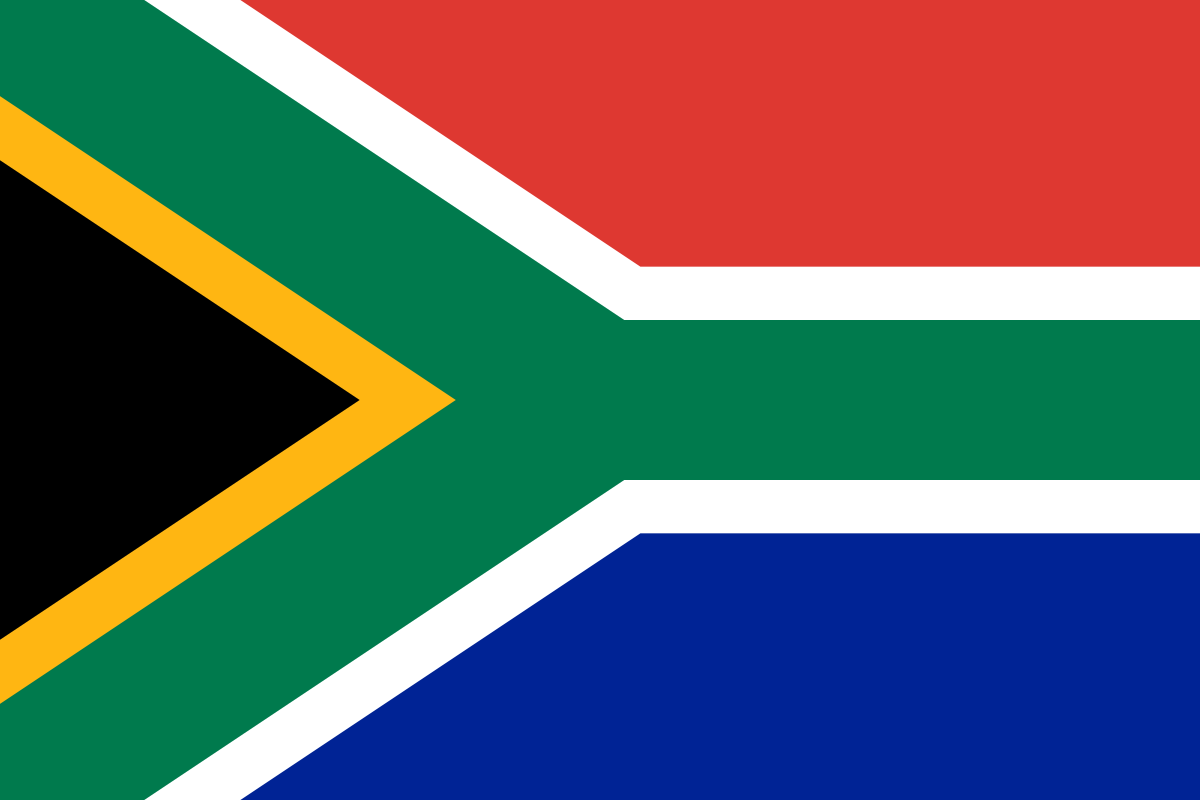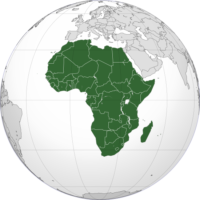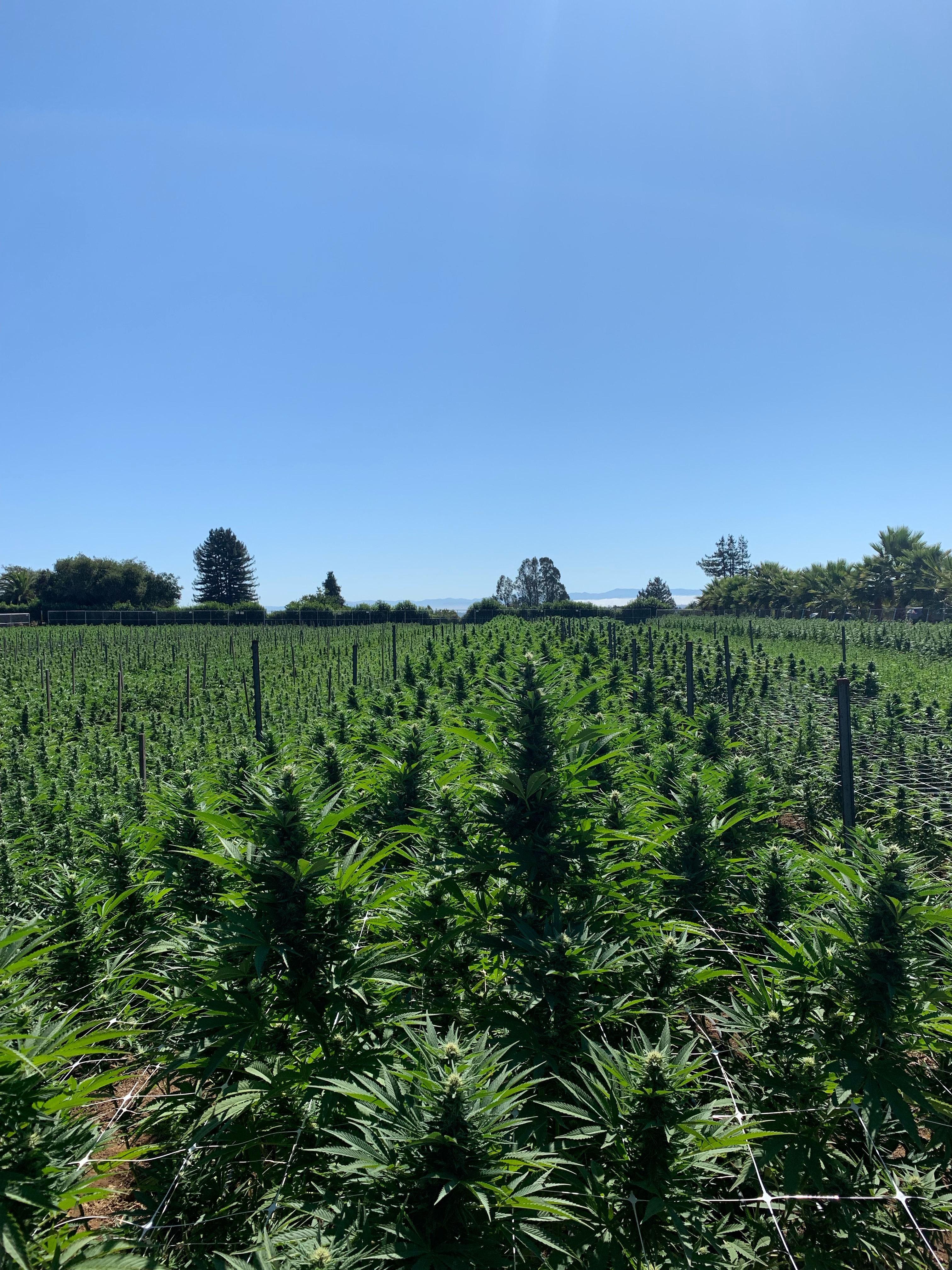In Part 1 of this series we answered the question: What is “hemp”; and addressed some of the consequences of defining “hemp” as a thing. In Part 2, I will explore this topic in more detail and provide some commonsense definitions for several traditional hemp products based on a classification approach rather than separating “cannabis” from “hemp”.
Classifications, Specifications, and Test Methods – Establishing Market Protections for Hemp Products Through Standardization
Does making a distinction between “hemp” and “cannabis” make it easier to protect the interests of the seed and fiber markets?
On the face of it, this question seems obvious. Yes, it does.
Up to this point in history, the bifurcation of the cannabis plant into resin types and non-resin types has served to provide protections for the seed and fiber markets by making it easier for producers to operate, since the resins (the scary cannabinoids, namely d9-THC) were not involved. Today, however, the line in the sand, has been washed away, and “hemp” no longer only refers to non-resin producing varieties of the cannabis plant.

As more and more hemp marketplaces come online with varying limits for d9-THC the need for standardization becomes even more pressing. Without standardization, each marketplace will have its own requirements, forcing businesses looking to sell their products in multiple jurisdictions to comply with each region’s mandates and adds a significant level of burden to their operations.
Providing an internationally harmonized definition for hemp is an important first step but allowing the d9-THC limit to vary from jurisdiction to jurisdiction has some unintended (or intended) consequences (#NewReeferMadness). These discrepancies between legal marketplaces will inevitably lead to the establishment of global trade regions; where, if your product cannot meet the definition of “hemp” in that region, then you could effectively be barred from participating in it.
A process which has already started. Harmonizing around 0.3% is great for the US, Canada, and European Union, but what about other stakeholders outside of these markets?
And, at what point does the conflict of hemp from one region with a d9-THC content of 0.3% and hemp from another region with a d9-THC content of 1% being sold into the same market become a problem?
Perhaps a better long-term solution for protecting the market interests of “hemp product” stakeholders would be to establish specifications, such as identity metrics, total cannabinoid content, especially d9-THC, and other quality attributes which have to be verified using test methods for a product to be classified as “hemp”. This system of standards (classifications, specifications, and test methods) would allow for more innovation and make it significantly easier for cannabis raw materials that meet these specifications to find a use rather than being sent to the landfill. Bolstering advancements and opening the door for more market acceptance of the cannabis plant, its parts, and products.
An Alternative Approach to Defining Hemp
Below are some proposed definitions related to common terminology used in the hemp marketplace based on the concept that there are no hemp plants, there are only cannabis plants that can be classified as hemp, and hemp products are simply cannabis products that meet certain specifications to allow them to be classified and represented as hemp.
- Hemp, n—commercial name given to a cannabis plant, its parts, and products derived therefrom with a total d9-THC content no more than the maximum allowable limit for the item in question. (Maybe not the best definition, but it makes it clear that not only does the limit for d9-THC vary from jurisdiction to jurisdiction it varies from product type to product type as well.)
- Hemp flower, n—commercial name for the inflorescence of a cannabis plant that can be classified as hemp.
- Hemp seed, n—commercial name for the seeds of a cannabis plant which are intended to be used to grow another cannabis plant that can be classified as hemp.
- Hempseed, n—commercial name for the seeds of a cannabis plant which are intended to be used as food or as an ingredient in food.
- Hemp seed oil, n—commercial name for the oils expressed from the seeds of a cannabis plant.
- Hemp seed cake, n—commercial name for the solid material byproduct generated during the expression of the oil from the seeds of a cannabis plant.
- Hemp flour/meal/dietary-fiber, n—commercial name for the powdered seed cake of a cannabis plant intended to be used as a food or as an ingredient in food with a protein content no more than 35% by weight.
- Hemp protein powder, n—commercial name for the powdered seed cake of a cannabis plant intended to be used as a food or as an ingredient in food with a protein content between 35% and 80% by weight.
- Hemp protein isolate, n—commercial name for the powdered seed cake of a cannabis plant intended to be used as a food or as an ingredient in food with a protein content above 80% by weight.
- Hemp fiber, n—commercial name for the cellulosic-based natural fibers of a cannabis plant.
- Hemp shives, n—commercial name for the hurd of a cannabis plant which have been processed to defined specifications.
- Hempcrete, n—commercial name for a solid amalgamation of various aggregates and binders, typically comprised of the hurd (shives) of a cannabis plant and lime.
The d9-THC limits for each product were purposefully omitted because these specifications still need to be defined for each product type. Leaving the d9-THC limit up to each authority having jurisdiction, however, is not the answer. It is fine if you comply with a lower d9-THC limit and want to sell into a market with a higher d9-THC limit, but what do you do if you are above the limit for the market you want to sell into? For now, you lose out on potential revenue.

I am not advocating that everyone starts selling “hemp” as “cannabis,” or vice versa, far from it. I am advocating for a more commonsense and inclusive approach to the marketplace though. One that would allow for the commercialization of materials that would normally be going to waste.
To me it is simply logical. There are no hemp plants, there are only cannabis plants that can be classified as hemp. There are no hemp products, there are only cannabis products that can be classified as hemp. In order for a cannabis product to be marketed, labeled, and sold as a hemp product, i.e. to be classified as a hemp, it would need to meet a set of specifications and be verified using a set of test methods first. But fundamentally the product would be a cannabis product being certified as “hemp”. And that is the shift in thinking that I am trying to get across.
Exclusionary Actions – Disenfranchising Stakeholders
 The cannabis plant is an amazing plant and to fully capitalize on the potential of this crop we have to start allowing for the commercialization of cannabis raw materials that are not controlled by the UN Single Conventions, i.e. the seeds, stalks, roots, and leaves when not accompanied by the fruiting tops or the resin glands. Not to do so disenfranchises a significant number of stakeholders from participating in established legal avenues of trade for these goods. A concept proposed and endorsed the ASTM D37 in the published standard D8245-19: Guide for Disposal of Resin-Containing Cannabis Raw Materials and Downstream Products.
The cannabis plant is an amazing plant and to fully capitalize on the potential of this crop we have to start allowing for the commercialization of cannabis raw materials that are not controlled by the UN Single Conventions, i.e. the seeds, stalks, roots, and leaves when not accompanied by the fruiting tops or the resin glands. Not to do so disenfranchises a significant number of stakeholders from participating in established legal avenues of trade for these goods. A concept proposed and endorsed the ASTM D37 in the published standard D8245-19: Guide for Disposal of Resin-Containing Cannabis Raw Materials and Downstream Products.
If you are stakeholder in the hemp marketplace, you may feel threatened by the idea of the market getting flooded with material, but how are the demands of the so called “green economy” going to be met without access to more supply? Organic hemp seed for food production is scarce but there is plenty of conventional hemp seed for the current demand, but what happens when hempmilk is positioned to displace soymilk in every major grocery store? To feed the growth of the human population and allow for a transition to a truly “green economy,” we need to ensure that the policies that we are putting in place are not excluding those looking to participate in the industry and disenfranchising stakeholders from burgeoning marketplaces, nor alienating a segment of the marketplace simply because their plant cannot be classified as “hemp”.
Until next time…
Live long and process.

